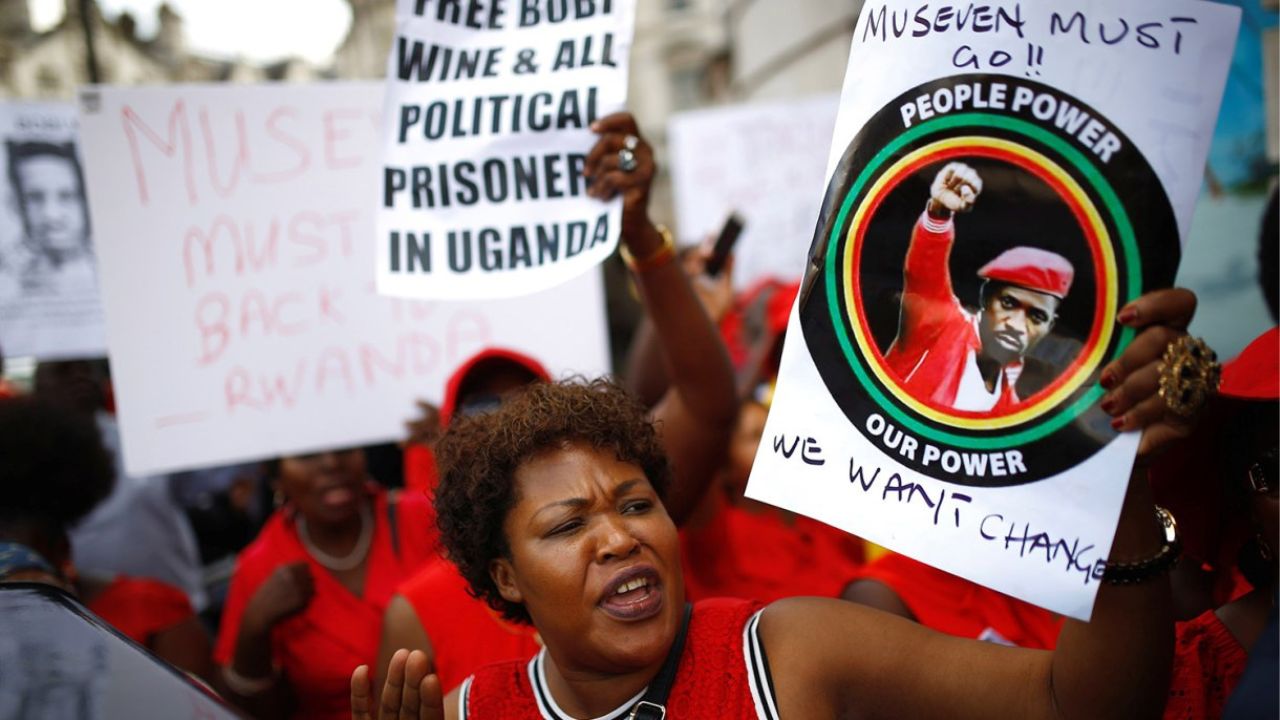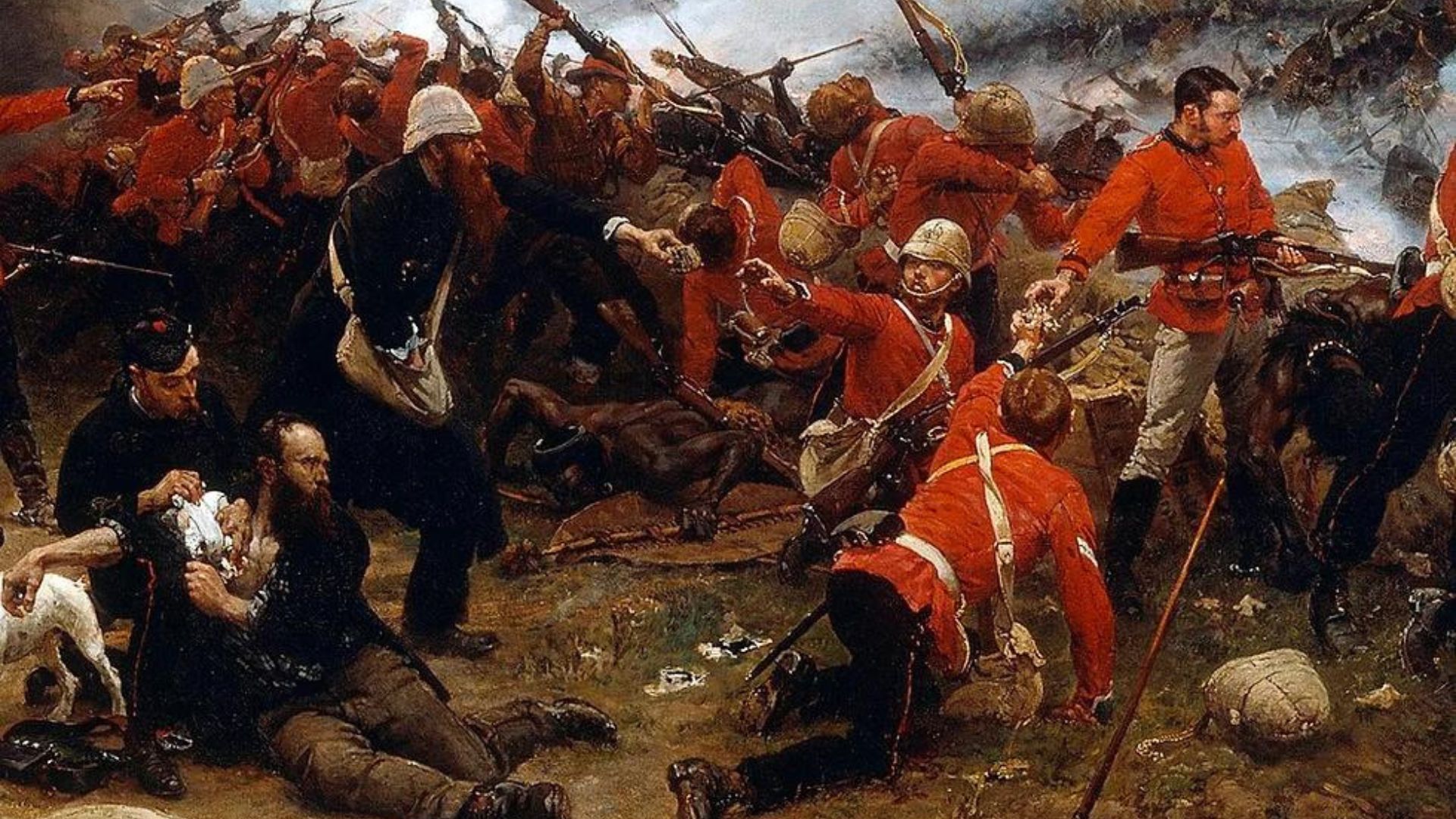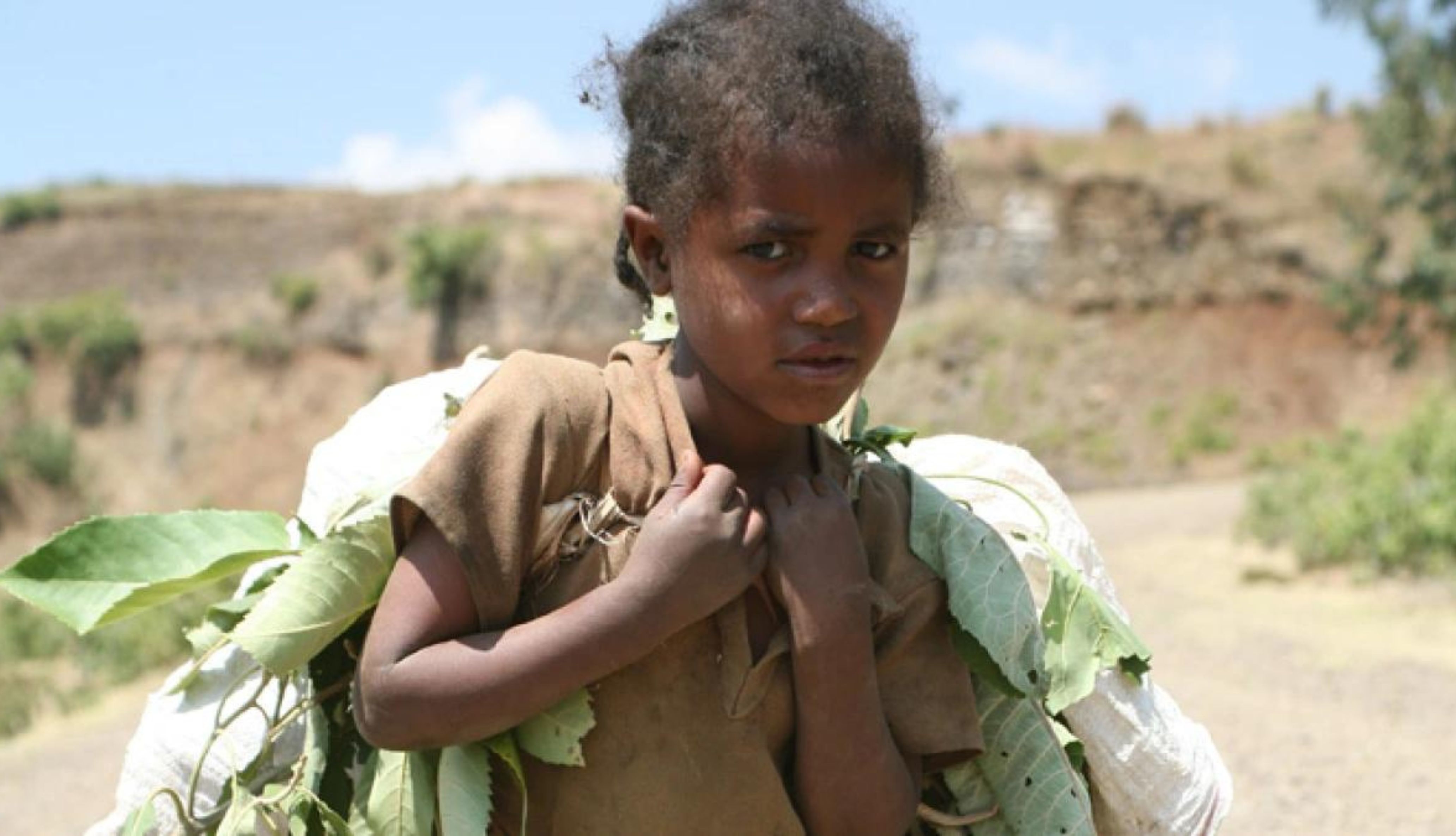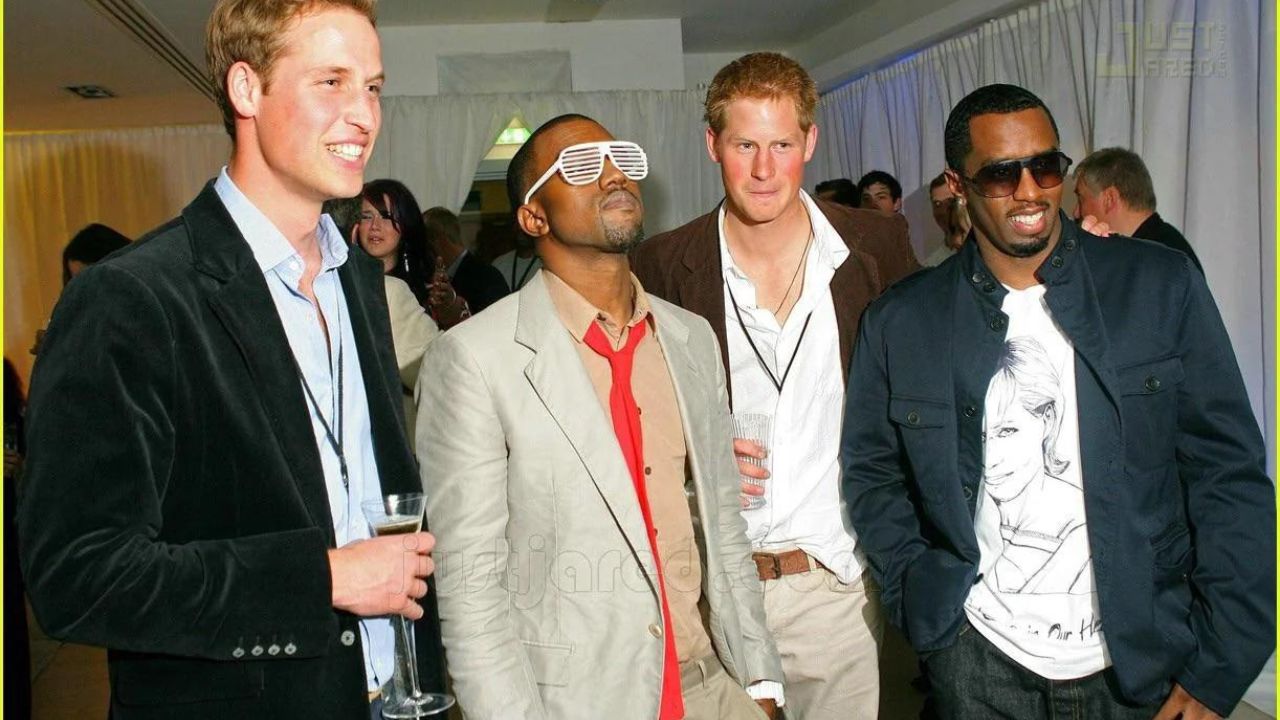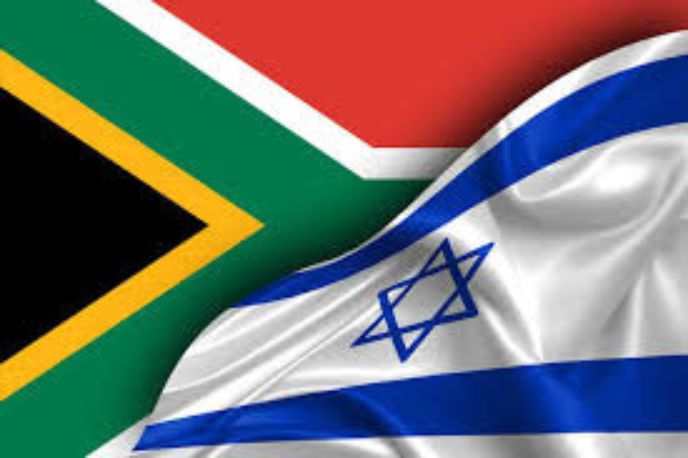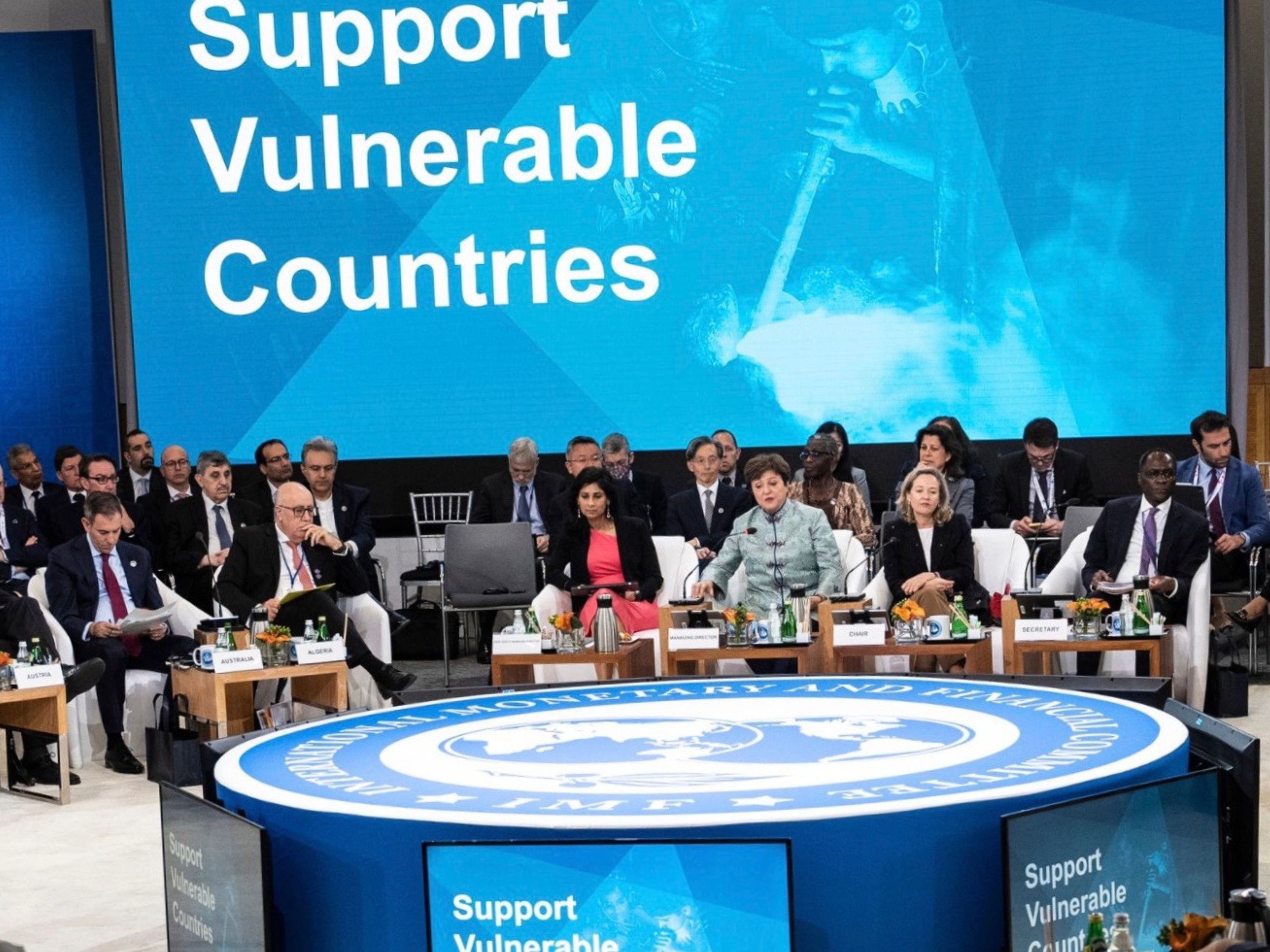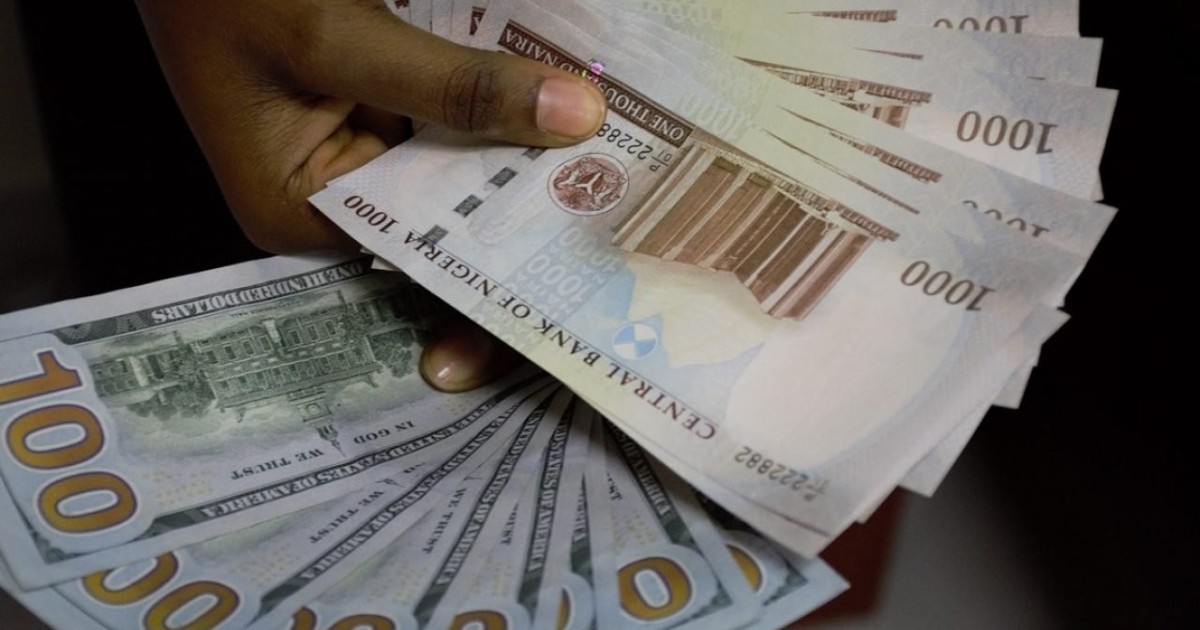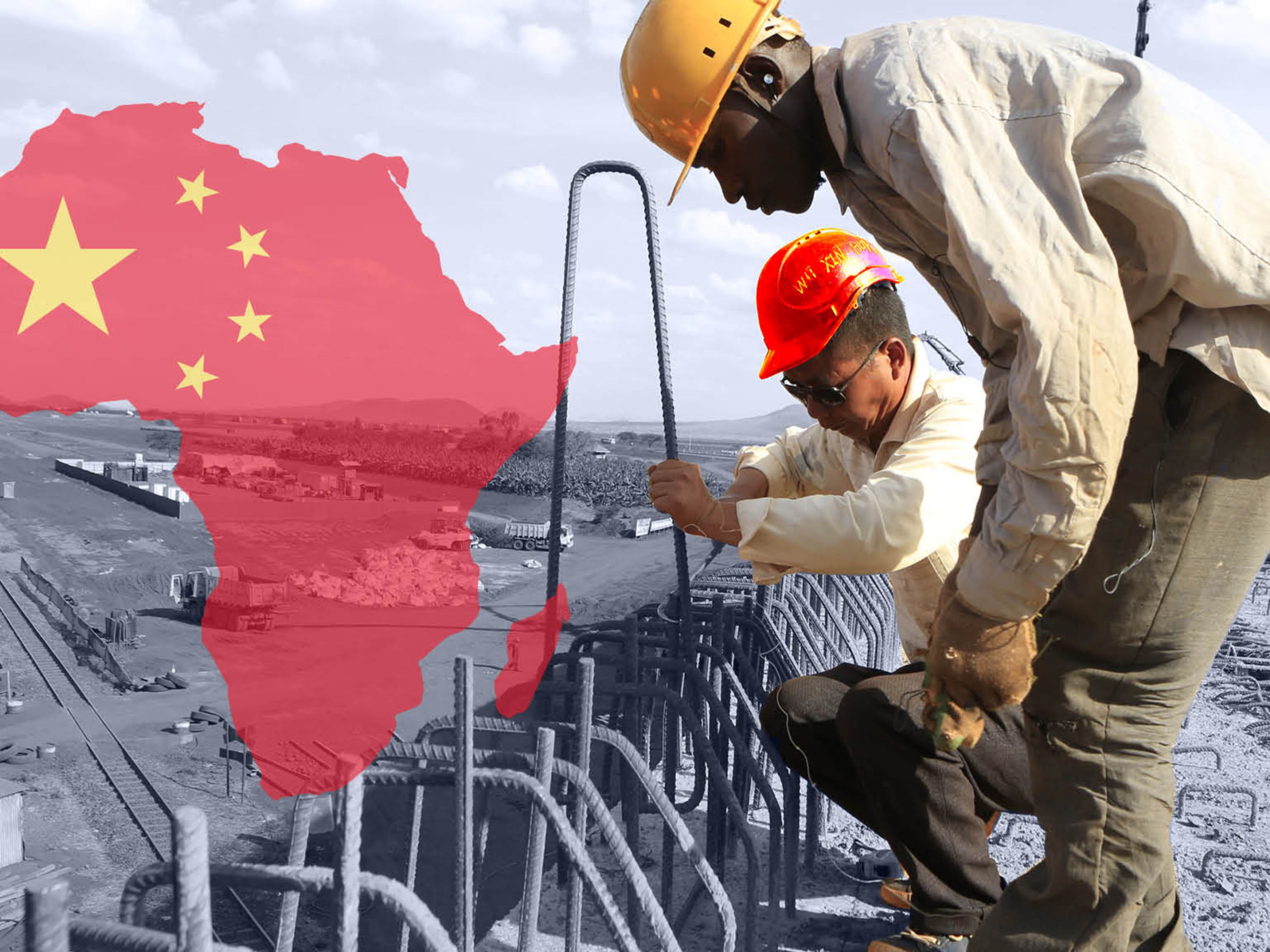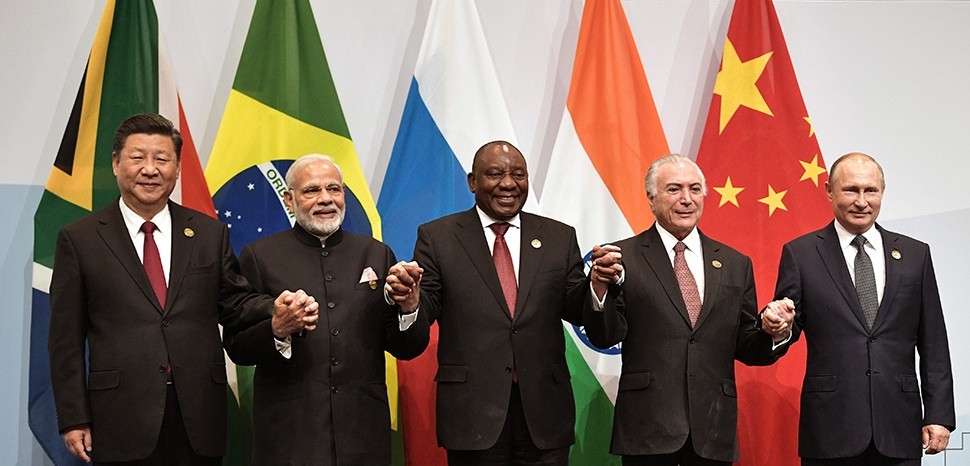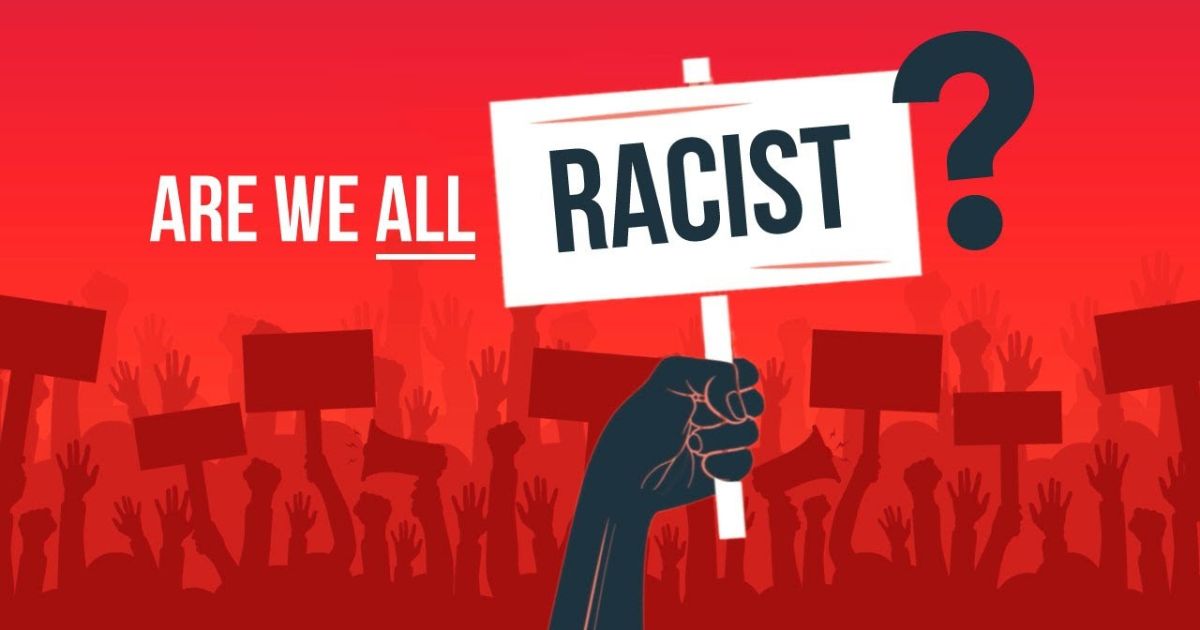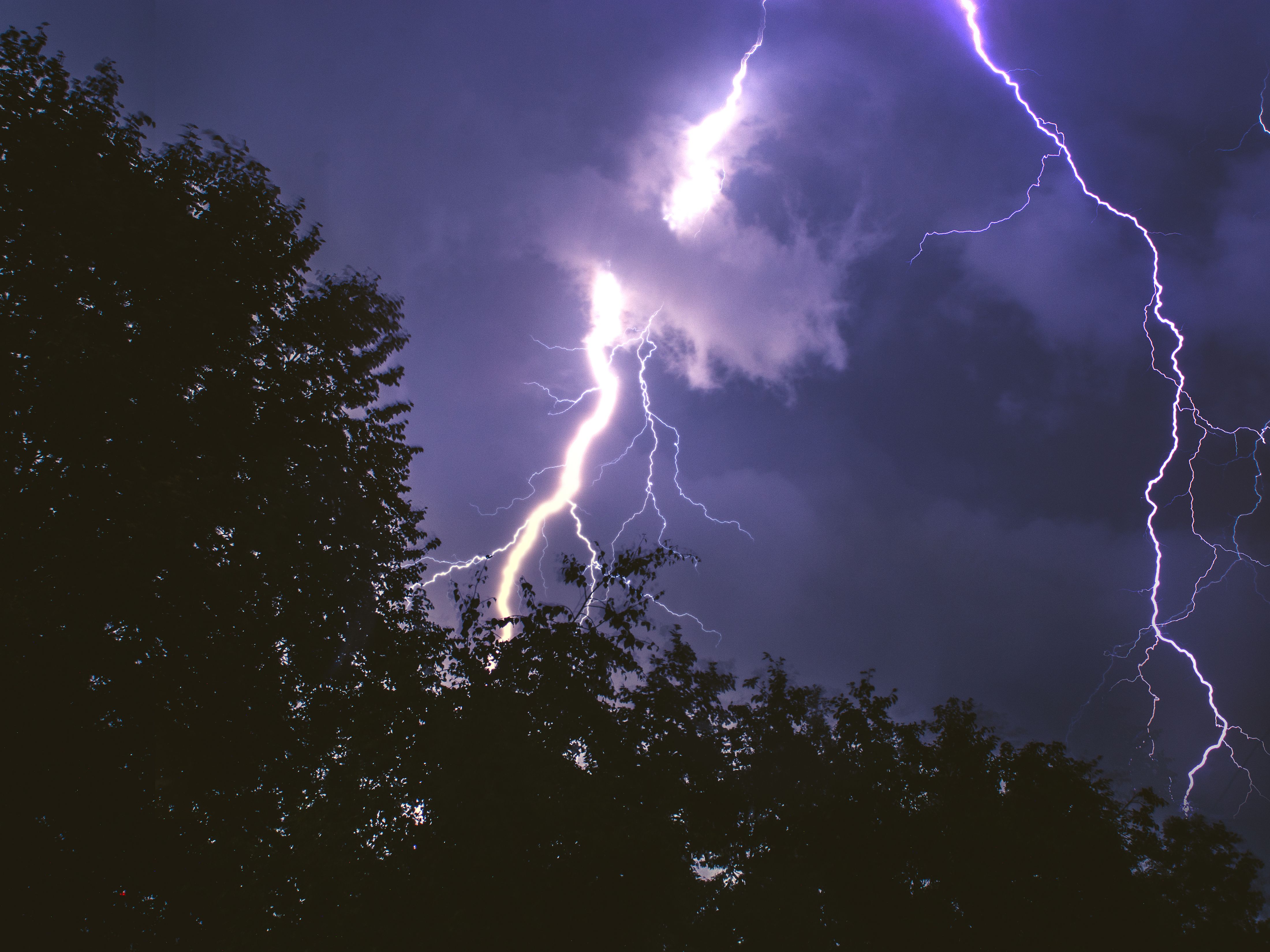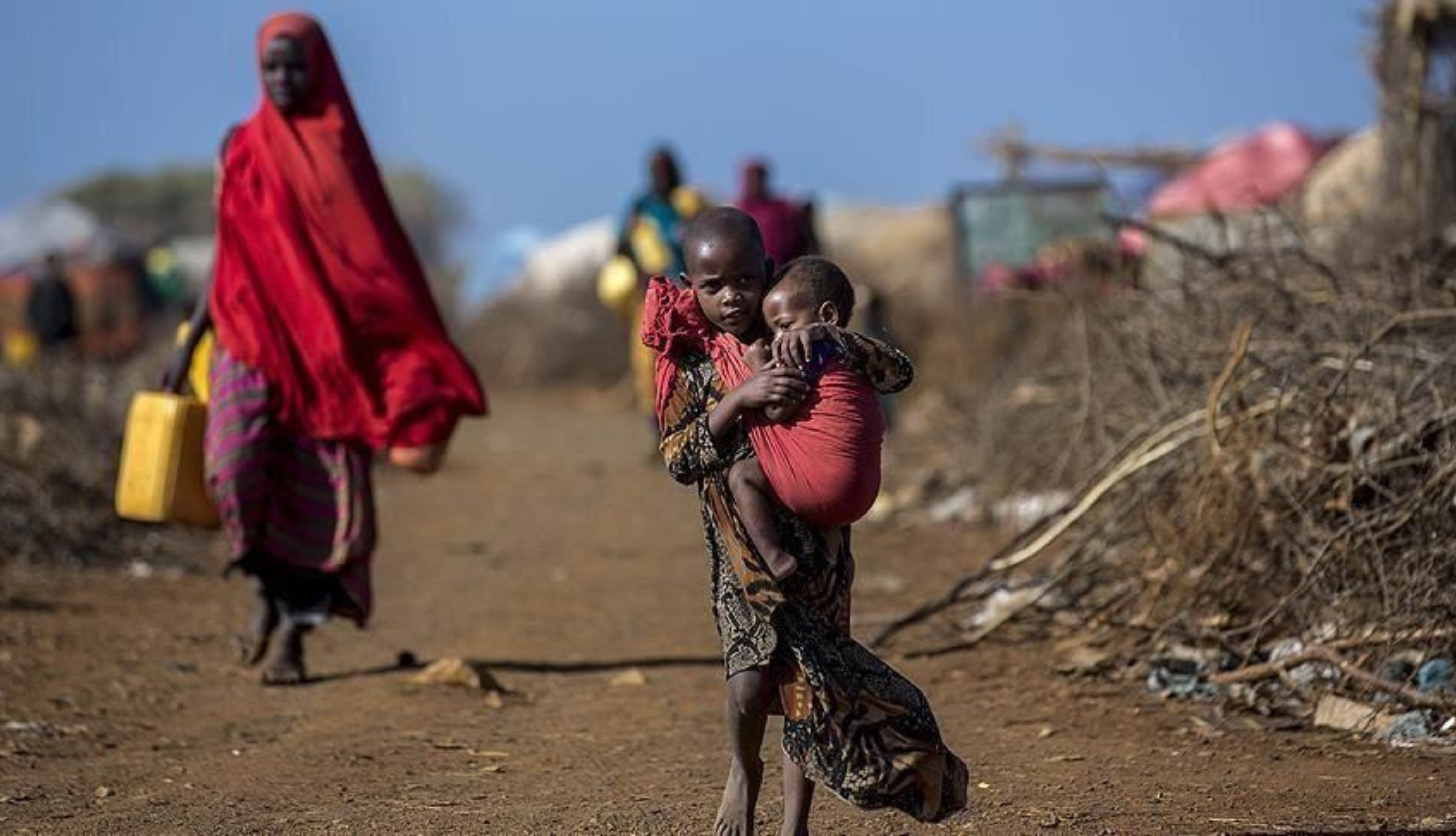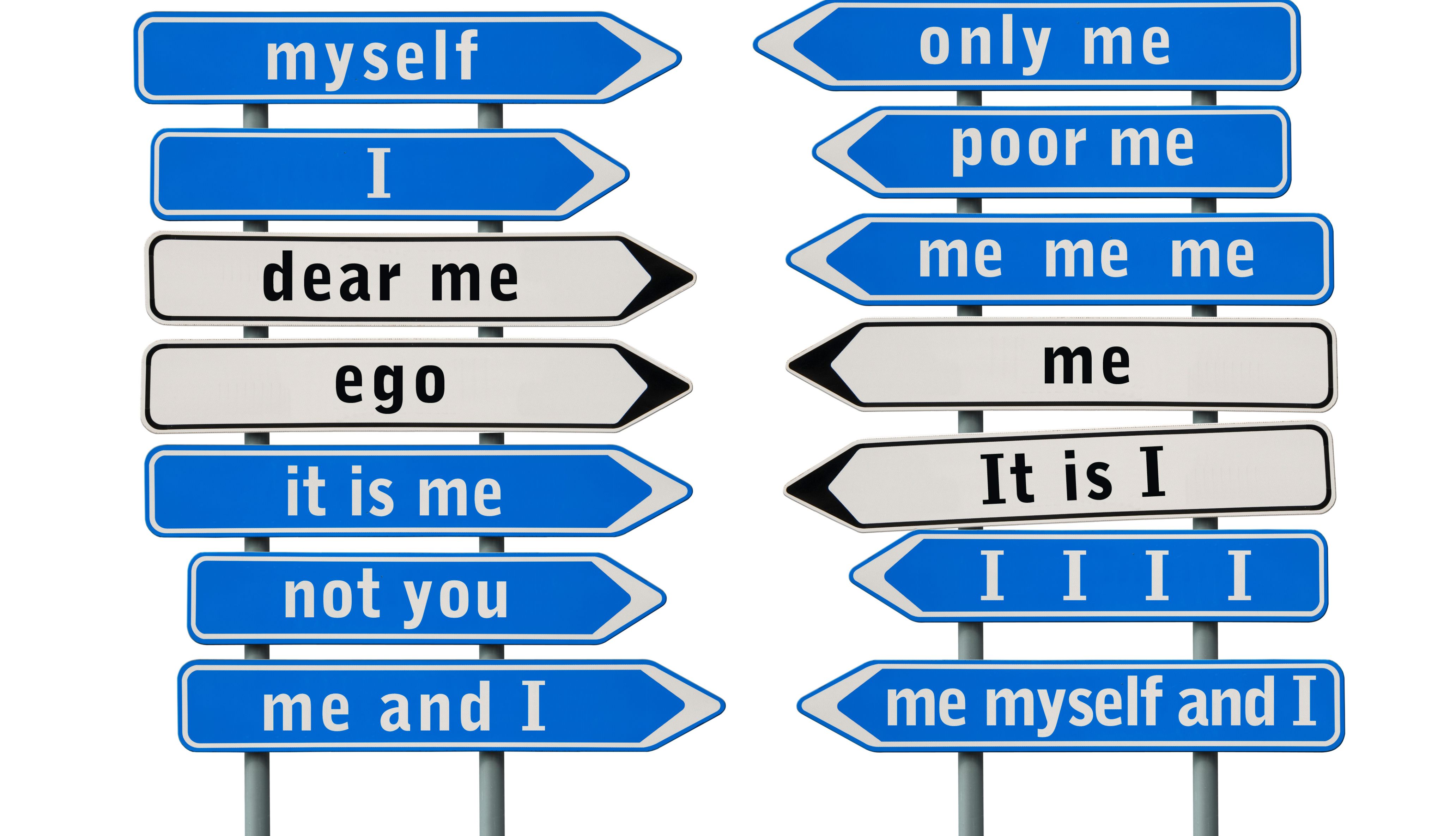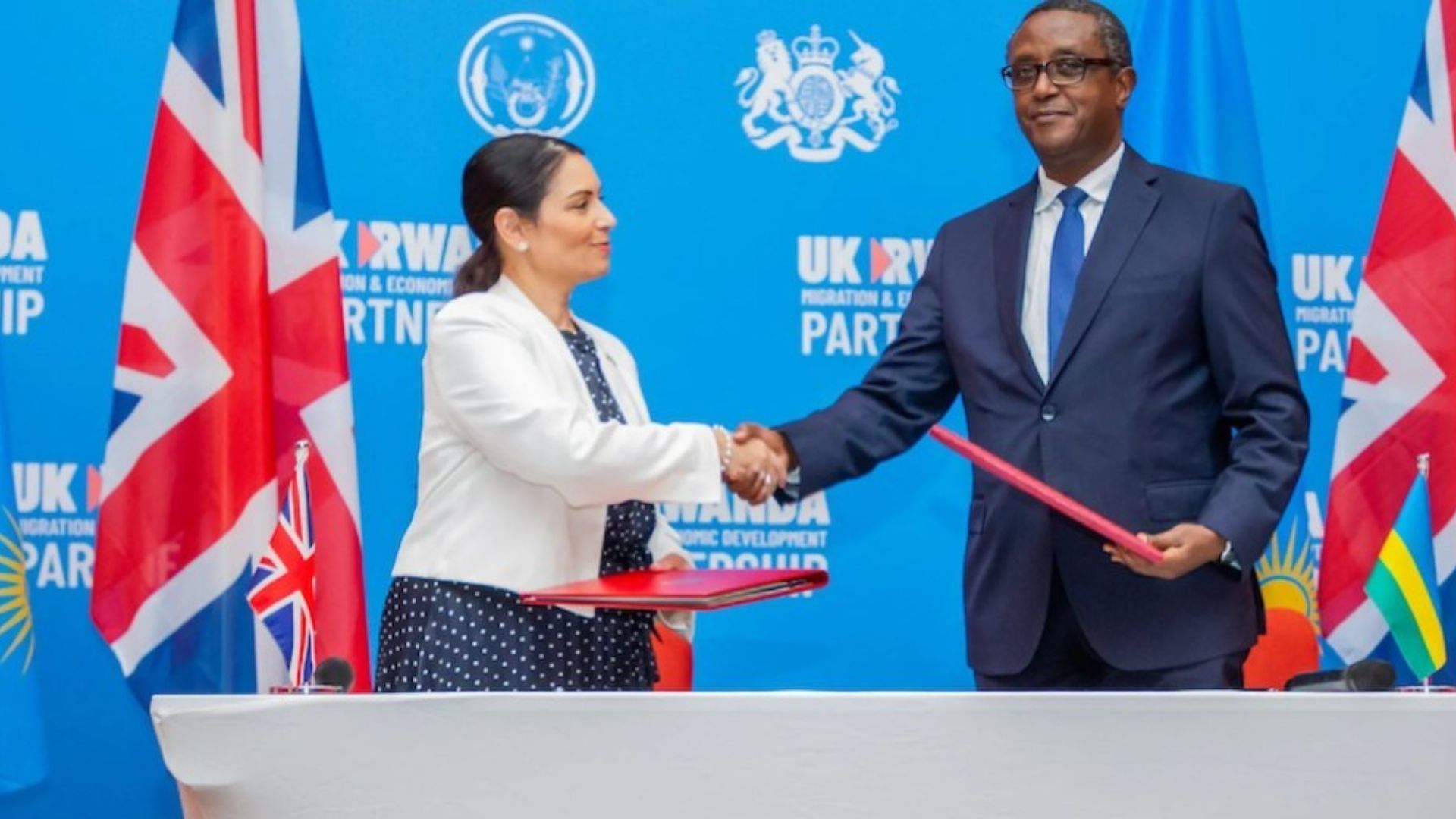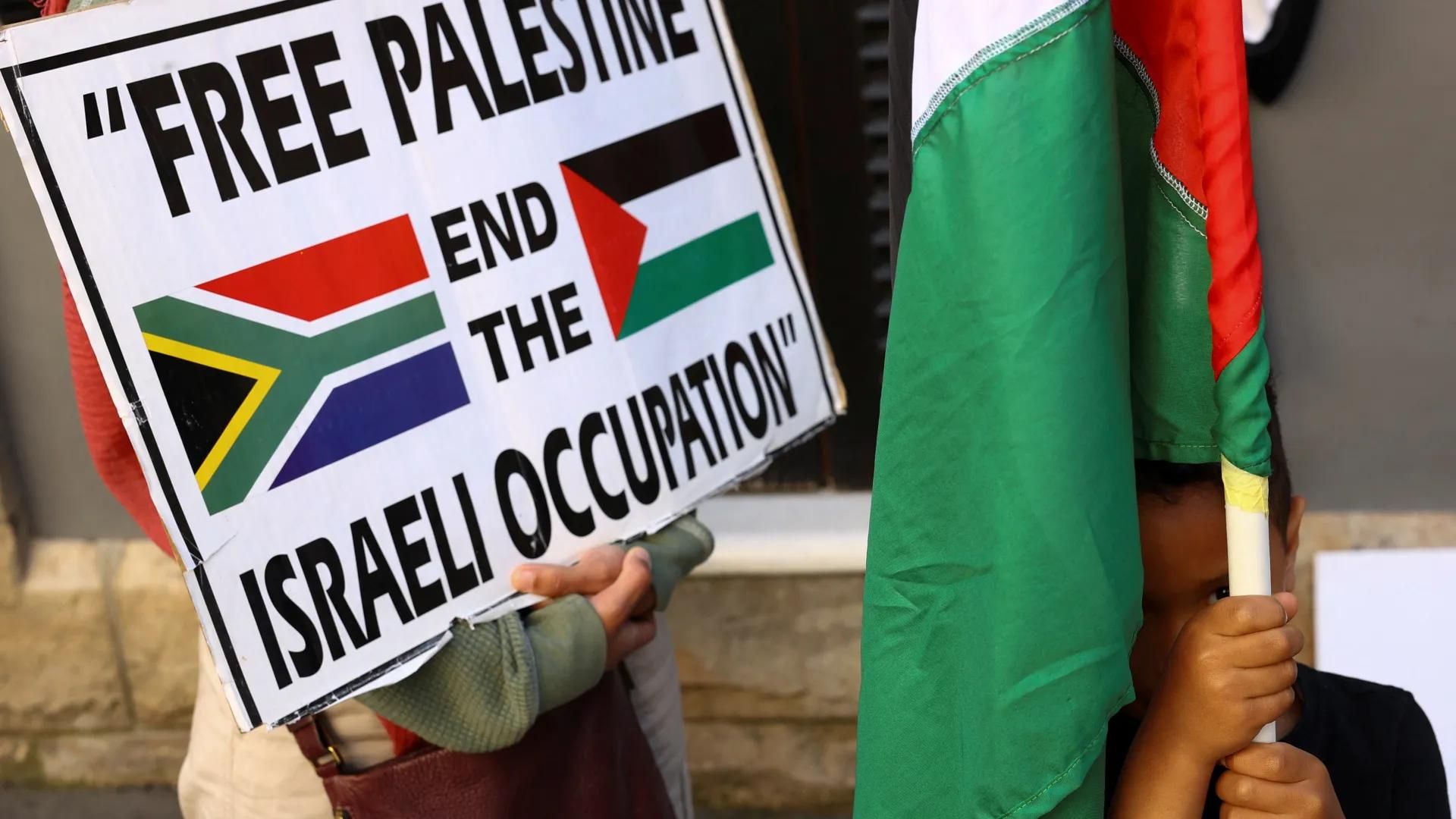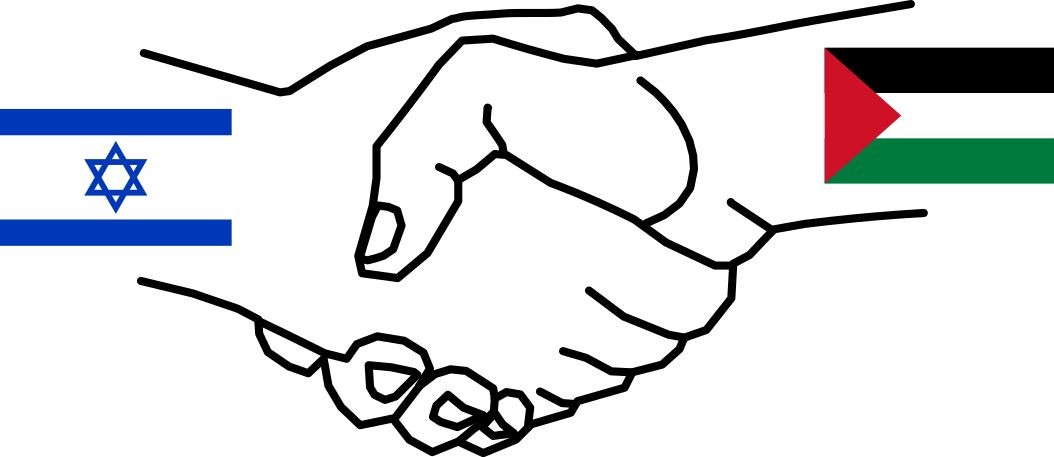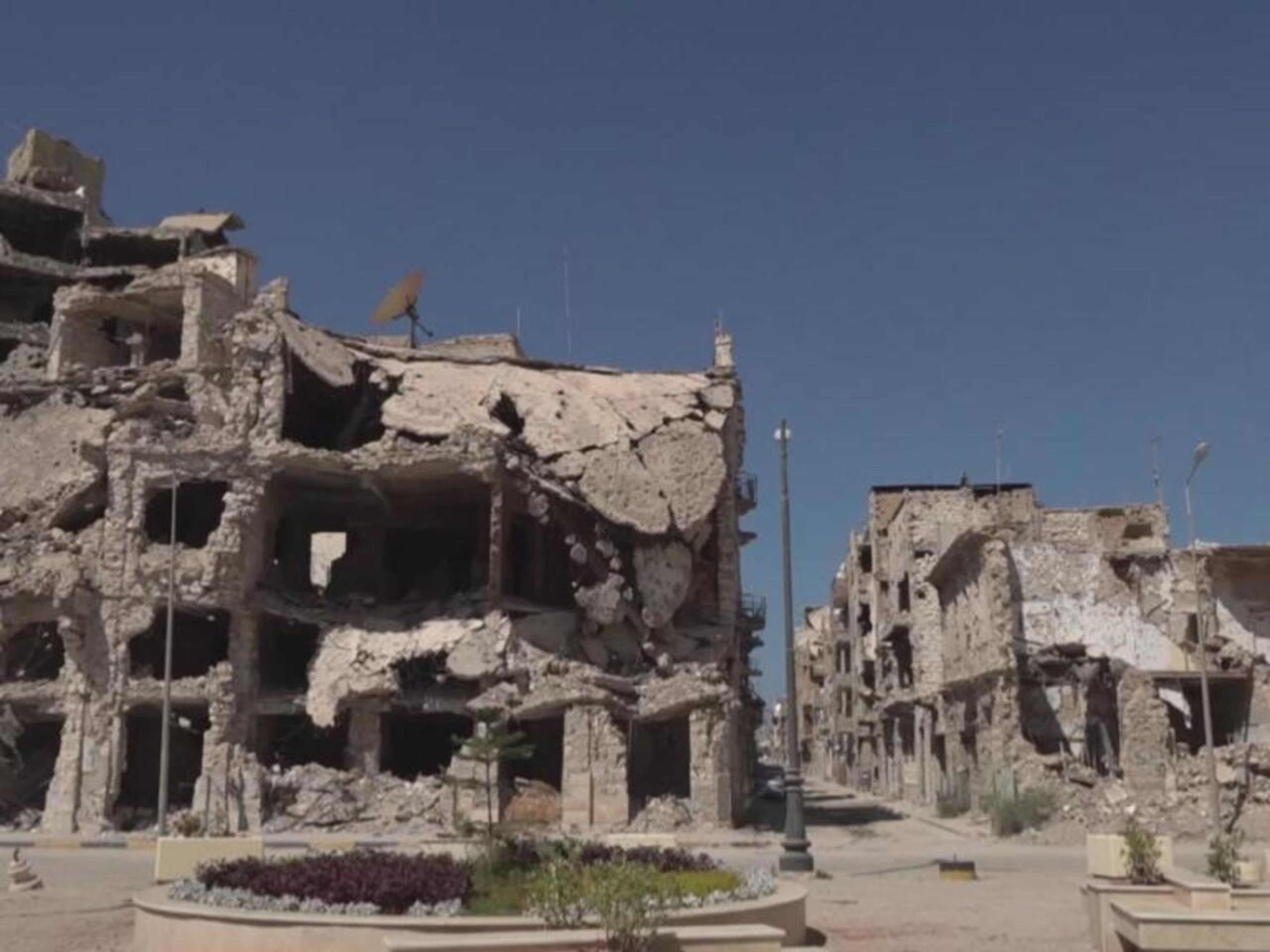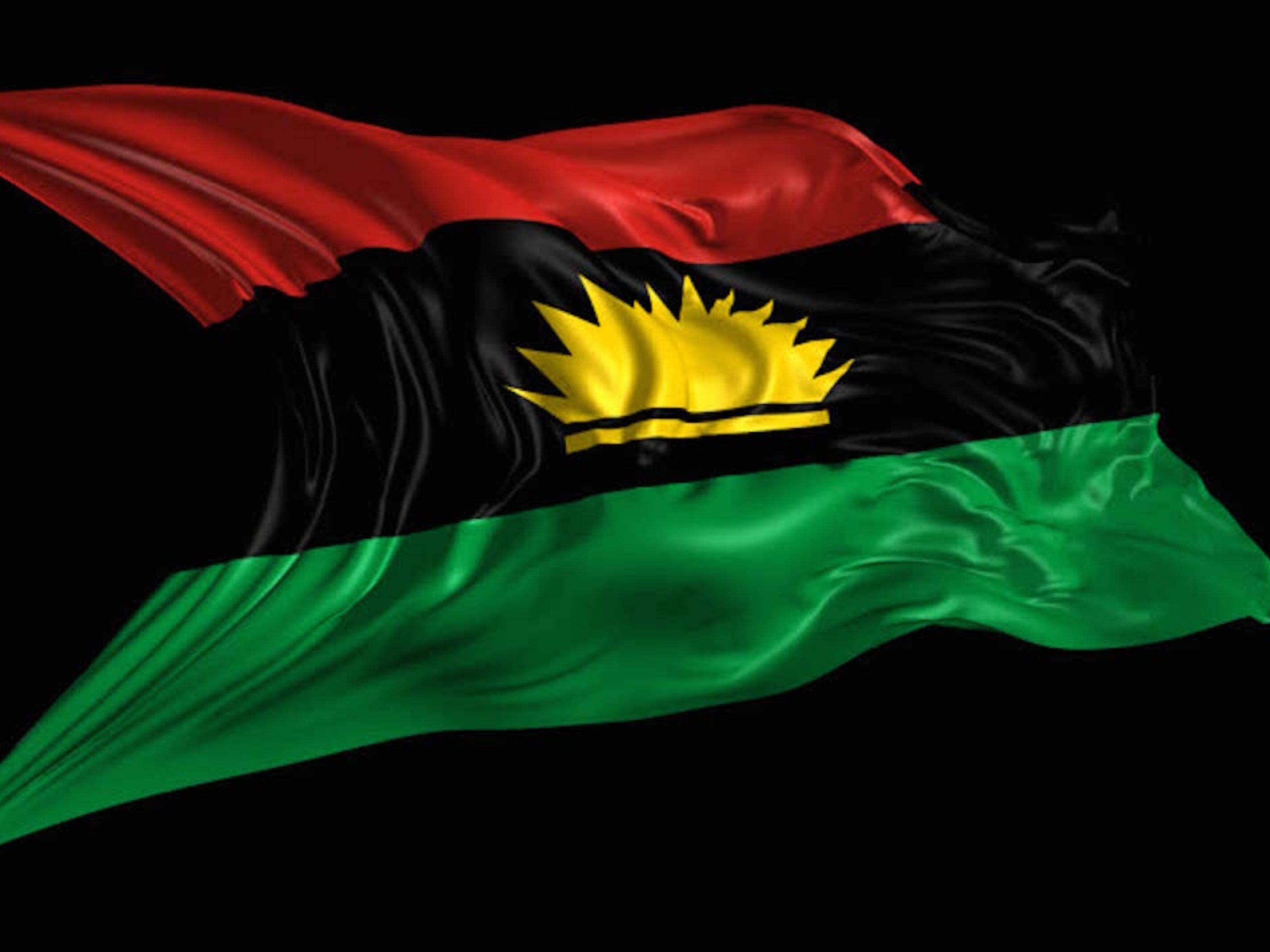In the shadow of historical conquests, it’s not uncommon for nations to become pawns in the grander games of global powerhouses. Libya, blessed and cursed by its geostrategic importance and oil wealth, was no exception.
The euphoria following the ousting of Muammar Gaddafi, Libya’s enduring dictator, was almost palpable. Yet, it swiftly became clear that what was heralded as the dawn of a new era was, in many respects, a mirage.
When Hillary Clinton infamously remarked, “We came, we saw, he died,” it inadvertently exposed the West’s flippant attitude towards the complex socio-political fabric of Libya. Underpinning these actions was a potent blend of diplomatic hubris and a narrow understanding of the Middle East’s intricacies.
“We came, we saw, he died.” This statement from Hillary Clinton, then U.S. Secretary of State, encapsulated the West’s perception of their triumph in Libya. However, the ousting of Colonel Muammar Gaddafi proved to be merely the beginning of a new and chaotic chapter for the country.
The Arab Spring’s Domino Effect
For all his authoritarianism, Gaddafi provided Libya with a semblance of stability. His ability to maintain a balance among the various tribal and political factions was critical in holding the nation together. Yet, the wave of the Arab Spring, which began in Tunisia, soon made its way to Libyan shores. And as the revolutionary fervour took root, Gaddafi’s regime crumbled.
The Western Chessboard: Miscalculations and Misadventures
Championing the cause of intervention, former British Prime Minister David Cameron was loud in his support for the NATO-led offensive. Its proclaimed aim? To quell Libyan threats and circumvent a potential massacre in Benghazi. However, post-Gaddafi’s ouster, what lay bare was a fragmented nation, mirroring the aftermath of Iraq’s Saddam era.
Libya, once held in Gaddafi’s vice grip, unravelled. The West’s failure to account for the void left behind was glaring. Even Barack Obama conceded, acknowledging the oversight in planning for a post-Gaddafi era as the “worst mistake” of his presidency.
A Nation Splintered
With Gaddafi gone, Libya’s once cohesive anti-regime front began to fracture. Ethnic and tribal rivalries, which Gaddafi had kept in check, now came to the forefront. Various groups vied for dominance, hoping to shape Libya’s future according to its vision.
The fall of a strong leader gave rise to numerous factions vying for control. Libya’s quest for unified leadership became increasingly convoluted from the National Transitional Council to the House of Representatives.
It wasn’t long before extremist groups like ISIL identified this volatile landscape as ripe for exploitation. Caught in the crossfire of the relentless tussle between the Libyan National Army and the Government of National Accord, the average Libyan found themselves entangled in perpetual turmoil.
As if internal strife wasn’t enough, foreign powers, each with its agenda, began to involve themselves in Libya’s affairs. Whether driven by geopolitical interests or regional dominance, their involvement often complicated an intricate situation.
The dream of a post-Gaddafi democratic Libya seems more distant than ever. With external and internal forces pulling the nation in different directions, the hope for stability is a flicker. Libya’s journey, from the promise of the Arab Spring to its current state, serves as a cautionary tale in international relations. While Gaddafi’s reign might be a thing of the past, his shadow looms large over present-day Libya. A country with immense potential now teeters on the brink, torn apart by power struggles and foreign interference. The path to peace is complex, but for the sake of its people, the hope is that Libya will find its way.
In summary, Libya’s journey over the past decade underscores the complexities of international intervention and the challenges of nation-building. As the country strives to find its footing, its trajectory serves as a poignant reminder of the unpredictable nature of global politics. The once-stable nation of Libya now grapples with the repercussions of a momentous regime change, echoing the complexities and pitfalls of international politics and intervention.

